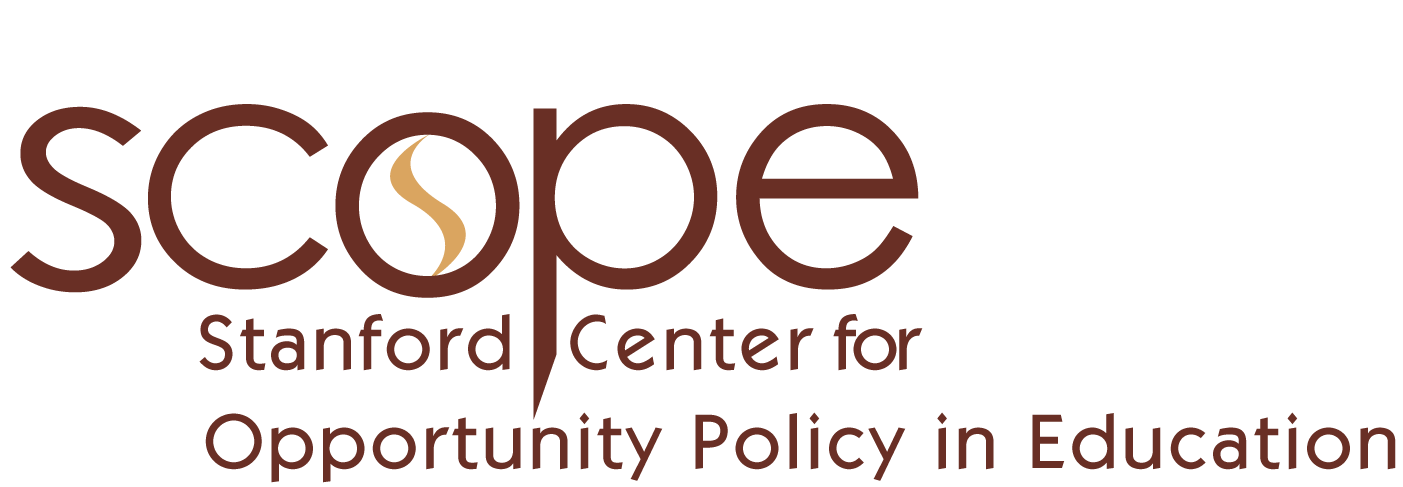As part of the Stanford Sequoia K-12 Research Collaborative, SCOPE worked with one of the districts within the collaborative to support that district’s efforts to develop a culture of learning that is more equitable and just with the aim of closing its “achievement gap.” SCOPE researchers worked with district leaders to plan, conduct, document, and learn from the district’s efforts to identify and understand its achievement (and opportunity) gaps among various student groups. During this two-year project, SCOPE regularly shared information with a group of district and site leaders who were committed to examining relationships between race, social-class, language, and achievement. Increasingly, the group concerned itself with issues such as the sense of belonging that students and their families felt toward the school community and the extent to which curriculum in classes was culturally-relevant and identity-affirming for each student.
To support the district’s commitments to equity, SCOPE’s partnership with the district was guided by the following research questions:
- What structures, processes, and leadership practices can be used to support the use of multiple sources of evidence to enhance the growth and development of low-academic achieving students in the district?
- What sources of evidence can be used, and how, to support the growth and development of low-academic achieving students in the district?
- What supports and constrains the effective use of multiple sources of data?

